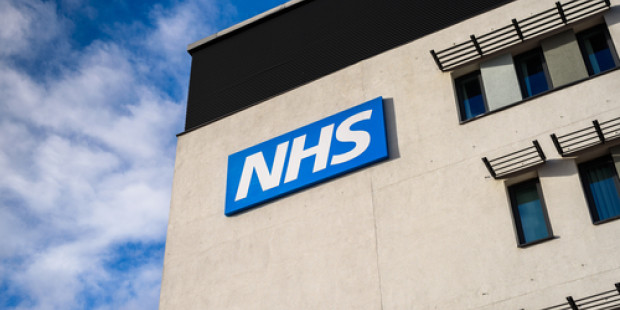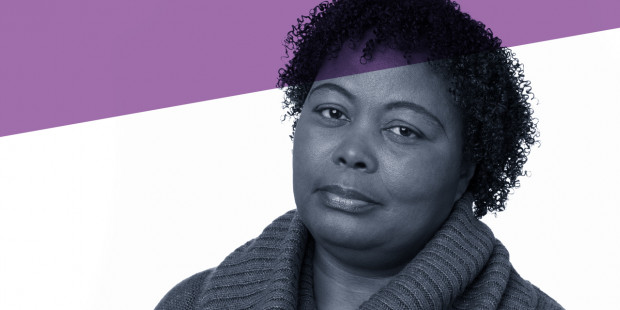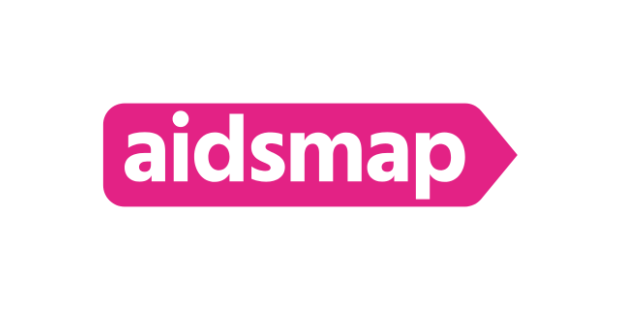The National Health Service (NHS) is the publicly funded healthcare system of the United Kingdom.
It provides most healthcare including general practitioners (GPs), dentists and hospital services, including HIV services.
Are NHS services free?
NHS services are free at the point of care, with the exception of some charges. These include prescriptions, optical services and dental services. Charges differ across the UK.
All HIV treatment is free while resident in the UK, regardless of your immigration status. You can use an HIV clinic of your choice.
If you are visiting from abroad, your right to treatment depends on your country of origin.
The NHS gives people who are 'ordinarily resident' in the UK access to general and specialist healthcare when they need it.
To be ordinarily resident you must be:
- a British citizen, or
- naturalised within the UK, or
- settled within the UK (commonly referred to as holding Indefinite Leave to Remain).
There are alternative arrangements for access to NHS services for those who are not ordinarily resident in the UK.
See how to access services if you've recently arrived in the UK.
Primary care and secondary care – hospitals and GPs
Primary care is the first point of contact that you have with the NHS and includes:
- GPs or family doctors
- practice and community nurses based either in GP surgeries or in the community
- dentists
- pharmacists
- opticians.
If your GP cannot give you the care and help you need, they will refer you on to a secondary care service.
Secondary care means more specialist care that you would mostly find in hospitals. This includes specialist HIV care.
However, for HIV care you do not need a referral so you can go straight to an HIV or sexual health clinic without speaking to your GP first.
GPs
GPs have a lot of experience treating common conditions and long-term conditions such as diabetes, asthma and depression.
GPs are also able to prescribe drugs or give vaccines that aren't available from your HIV clinic, such as antidepressants, blood pressure and cholesterol drugs, flu and COVID vaccines, and so on.
GP and other surgery staff can work with you as you try to lead a healthy lifestyle, offering advice and help on eating well, maintaining a healthy weight, doing exercise or giving up smoking.
Your GP is often the person who will need to refer you to specialist services if you need them for a health condition.
Should I tell my GP that I have HIV?
It’s important to be registered with a GP as well as an HIV clinic. Although you're not obliged to tell your GP that you have HIV, there are good medical reasons to do so. When treating you and giving you prescriptions, your doctor should know about other health issues you have, and all other medicines you're taking.
Some drugs your GP may prescribe (for example, oral contraceptives and antihistamines) can interact with HIV medicines.
Because of rules of confidentiality, the HIV clinic needs your permission before it can discuss your health with your GP.
GPs will not get involved in HIV treatment decisions, which are left to the HIV clinic.
How should I tackle a problem with my health care?
If you're not happy with the care you have received from any healthcare provider, here's what you can do:
1. Try to deal with the problem informally
You could speak directly to the member of staff concerned or someone more senior (for example, the practice manager at a GP surgery).
There's a good chance that they will appreciate the problem, apologise and try to put things right.
2. Make a complaint
If talking doesn’t resolve the problem, get things in writing. A letter may help convince the organisation that the problem is serious. Keep a copy of your letter and any replies you receive.
Every NHS organisation has a complaints procedure. Ask to see it if you haven’t already been told about it. This will set out how you can make a formal complaint and the timetable for a response to it.
3. Complain to the ombudsman
If you're not happy with the way your complaint is handled, you can complain to the ombudsman – a body that looks at complaints about public organisations. You can find out about how to complain to the ombudsman on the Citizens Advice Bureau Advice Guide.
It’s worth remembering that you don’t need to stay with the same doctor or the same clinic if you’re not happy. You can find another one that is accepting new patients. You don’t need to give a reason for switching, and you shouldn’t be treated any differently for doing so.
Here are some organisations that can advise you on what action to take if you are unhappy:
- Your local Healthwatch
- NHS Complaints Advocacy (England)
- Community Health Councils (Wales)
- Patient Advice and Support Service (Scotland)
- Patient and Client Council (Northern Ireland)
- Your local Citizens Advice Bureau.
If you feel that you have been discriminated against, you can contact either the Equality Advisory and Support Service or THT Direct. They can give you advice about challenging discrimination and taking the case further.
You could also talk this through with one of our online advisors.
More about the NHS
- NHS England
- The NHS Constitution sets out your rights as a patient.
- Health in Wales
- NHS Scotland
- Health & Social Care Services in Northern Ireland.







